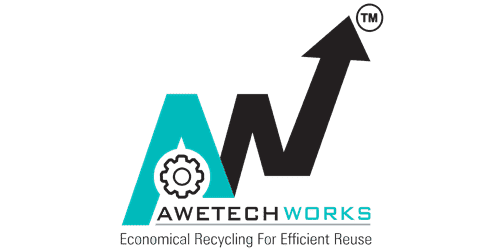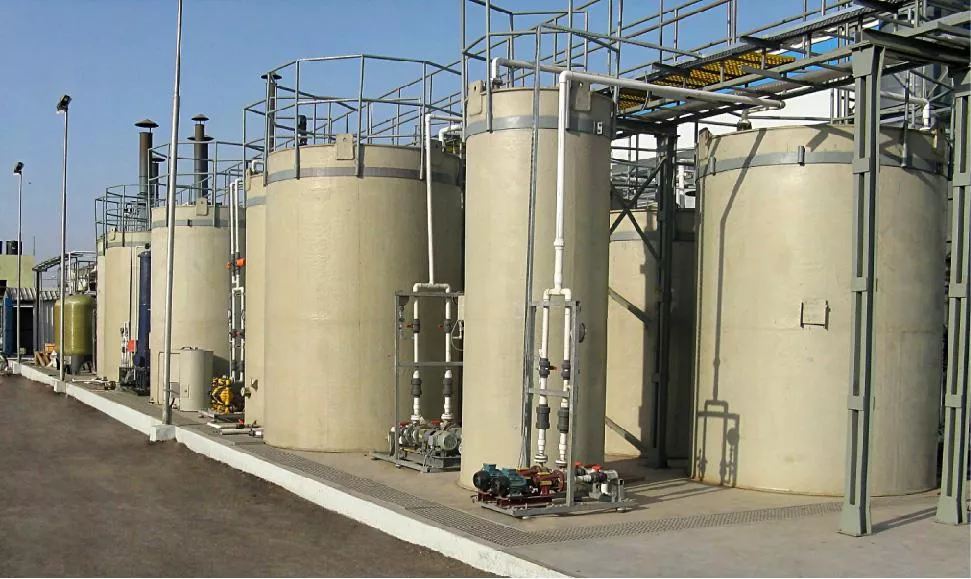


ETP Installation
400+
Waste Water Treated Per Day
70 MLD
Inhouse Manufacturing
Yes
Mega Project
45 MLD ETP at L&T Ludhiana
Effluent Treatment Plant – ETP for Pharmaceutical Industry
| Capacity | Ranging from 5KLD up to 1 MLD. |
| Treatment Technique | Customized to address pharmaceutical manufacturing effluent characteristics, employing physico-chemical, biological, and advanced oxidation processes. |
| Inlet Flow Rate | Designed to handle flow rates from 1 m3/hr up to 50 m3/hr. |
| Water Source | Pharmaceutical manufacturing effluent, including process wastewater and cleaning streams. |
| Automation Grade | Fully automated for precise control and operational efficiency. |
| Operation & Maintenance Support | Comprehensive support provided to ensure optimal performance and longevity. |
| Industry We Serve | Pharmaceutical and biotechnology sectors. |
| Turnkey Project with Civil | Available for seamless integration into existing infrastructure. |
| Government Compliances & Approval | Compliance with regulatory requirements, including obtaining necessary permits and approvals such as CTE & CTO. |
Customized Treatment Solutions :Tailored to meet the specific requirements and challenges of pharmaceutical manufacturing effluents.
Comprehensive Treatment Processes :Addresses a wide range of pollutants commonly found in pharmaceutical wastewater, ensuring regulatory compliance and environmental protection.
Advanced Technologies : Incorporates cutting-edge treatment techniques to achieve efficient removal of contaminants and ensure high-quality effluent discharge.
Resource Recovery : Implements strategies for the recovery of valuable resources from wastewater, promoting sustainability and cost-effectiveness.
Continuous Monitoring and Maintenance : Utilizes advanced monitoring systems and regular maintenance to ensure consistent performance and minimize downtime.
Expert Support :Access to specialized expertise in pharmaceutical effluent treatment, providing guidance and assistance throughout the project lifecycle.
Safety and Quality Assurance :Prioritizes safety protocols and maintains high-quality treatment standards to protect both personnel and the environment.
Cost-Effective Solutions : Maximizes efficiency and resource utilization to provide cost-effective treatment options for pharmaceutical manufacturers.
Client Satisfaction :Focuses on meeting the unique needs and expectations of pharmaceutical industry clients, delivering solutions that exceed their requirements.
customer testimonials
Awetech Works' ETP solution has been a game-changer for our pharmaceutical facility Their customized system not only ensures compliance with strict regulations but also enhances our environmental sustainability efforts We couldn't be happier with the results
Why Effluent Should Be Treated for Pharmaceutical Industry
Effluent treatment stands as an indispensable pillar in the pharmaceutical industry, serving as a linchpin for environmental responsibility, regulatory adherence, and public health preservation. Within the intricate web of pharmaceutical manufacturing processes lie streams of wastewater laden with a diverse array of contaminants, ranging from organic compounds to active pharmaceutical ingredients (APIs). Treating this effluent isn’t merely a regulatory obligation; it’s a fundamental imperative grounded in ethical stewardship and operational integrity.
1.Environmental Preservation:
The untreated effluent emanating from pharmaceutical manufacturing harbors a cocktail of potent chemicals and compounds, posing a significant risk to ecosystems if discharged indiscriminately. From heavy metals to complex organic molecules, these pollutants can infiltrate soil, contaminate water bodies, and disrupt delicate ecological balances. Effluent treatment acts as a bulwark against environmental degradation, intercepting harmful substances and ensuring that only benign effluents find their way back into the environment.
2.Regulatory Compliance:
In the labyrinth of regulatory frameworks governing the pharmaceutical industry, effluent treatment regulations occupy a central position. Stringent discharge limits and effluent quality standards set by environmental agencies mandate the thorough treatment of wastewater before release into natural water bodies. Compliance with these regulations isn’t just a legal obligation; it’s a cornerstone of responsible corporate citizenship, ensuring that pharmaceutical manufacturers uphold their commitment to environmental protection and public health.
3.Public Health Safeguarding:
The unchecked release of untreated pharmaceutical effluent poses grave risks to public health, potentially contaminating drinking water sources and compromising community well-being. Active pharmaceutical ingredients and other chemicals present in wastewater streams can exhibit bioaccumulative properties, entering food chains and posing long-term health hazards to humans and wildlife alike. Effluent treatment serves as a shield against these insidious threats, neutralizing harmful contaminants and safeguarding public health.ent.
4.Resource Conservation:
Within the effluent streams of pharmaceutical manufacturing facilities lie untapped reservoirs of resources waiting to be reclaimed. Water, energy, and valuable chemicals can be recovered through advanced treatment processes, minimizing waste generation and maximizing resource efficiency. Effluent treatment transforms wastewater from a liability into a valuable asset, fostering a culture of sustainability and resource stewardship within the pharmaceutical industry.
5.Ethical Imperative:
Beyond regulatory mandates and operational considerations, effluent treatment embodies a broader ethical imperative rooted in the principles of environmental justice and social responsibility. As custodians of public health and guardians of the environment, pharmaceutical manufacturers bear a moral obligation to minimize their ecological footprint and mitigate their impact on surrounding communities. Effluent treatment represents a tangible manifestation of this ethical commitment, signaling to stakeholders and society at large that pharmaceutical companies prioritize people and planet over profit.
Effluent Treatment Plant (ETP )Process for Pharmaceutical Industry



In the pharmaceutical industry, wastewater treatment is a critical component of environmental stewardship and regulatory compliance. Our Effluent Treatment Plant (ETP) process for the Pharmaceutical Industry employs a multi-stage treatment approach to effectively manage and treat wastewater generated during pharmaceutical manufacturing processes.
1.Collection and Pre-Treatment:
Raw wastewater, including process effluent and cleaning streams, is collected and subjected to pre-treatment to remove coarse solids, oils, and greases. Physical processes such as screening and sedimentation are employed to separate solid contaminants from the wastewater stream.
2.Primary Treatment:
Following pre-treatment, the wastewater undergoes primary treatment, where suspended solids are further removed through sedimentation and clarification processes. This step reduces the organic load and turbidity of the wastewater, preparing it for subsequent treatment stages.
3.Secondary Treatment:
The treated wastewater undergoes biological treatment in secondary treatment units, where specialized microorganisms break down organic pollutants into simpler, less harmful compounds. Aerobic and anaerobic processes are employed to optimize the removal of organic matter, reducing biochemical oxygen demand (BOD) and chemical oxygen demand (COD) levels.
4.Tertiary Treatment:
In the tertiary treatment phase, the wastewater undergoes additional polishing to meet stringent discharge standards and ensure environmental compliance. Advanced treatment technologies such as membrane filtration, activated carbon adsorption, and advanced oxidation processes (AOPs) are employed to remove residual contaminants and pathogens, producing high-quality effluent suitable for safe discharge or reuse.
5.Disinfection and Final Effluent Discharge:
Before final discharge, the treated effluent undergoes disinfection to eliminate any remaining pathogens and ensure public health protection. Chlorination, UV irradiation, or ozone treatment may be employed to achieve effective disinfection, depending on regulatory requirements and discharge standards. Once treated and disinfected, the effluent is safely discharged into receiving water bodies or recycled for non-potable reuse applications.
6.Automated Control and Monitoring:
Throughout the treatment process, our ETP systems operate under automated control and monitoring systems, which continuously monitor key parameters such as flow rate, pH, dissolved oxygen levels, and treatment efficiency. Advanced sensors and instrumentation provide real-time data feedback, allowing for precise adjustment of treatment parameters and optimal operational efficiency.
What Makes Us Different ?
Right Approch
Effluent Characteristics & Site Conditions Total cost of ownership over 10 Years of lifetime. Legal Compliance and desired treated water parameters.
Clean Commitment
On time project execution, periodic Operation and Maintenance training and perfect paperwork is our core strength. We consider our job is done when our client gets habitual of using the recycled water and gets all legal clearance from authorities.
Expert Solutions
Our team of experts creates the most economical, efficient and Maintenance free design that will be best for your application.
Frequently Asked Questions [FAQ]
Wastewater from pharmaceutical manufacturing processes can contain a variety of contaminants, including active pharmaceutical ingredients (APIs), organic solvents, heavy metals, and other chemical compounds used in drug synthesis and formulation.
Effluent treatment ensures that pharmaceutical manufacturers meet stringent environmental regulations by removing or neutralizing harmful pollutants from wastewater before discharge, thereby minimizing environmental impact and ensuring compliance with discharge limits and permits.
Yes, effluent treatment systems can be customized to address the unique characteristics of wastewater from pharmaceutical manufacturing processes, including the removal of specific pollutants through advanced treatment techniques and specialized equipment.
Common challenges in effluent treatment for the pharmaceutical industry include the presence of complex and diverse pollutants, stringent regulatory requirements, fluctuating wastewater characteristics, and the need for specialized treatment processes to handle pharmaceutical compounds effectively.
Effluent treatment systems in pharmaceutical manufacturing facilities can recover valuable resources such as water, energy, and chemicals from treated wastewater, thereby reducing operational costs, conserving resources, and minimizing waste disposal expenses.
Effluent treatment systems in pharmaceutical facilities are designed and operated according to strict safety protocols and quality assurance standards to ensure the safety of personnel and the reliability of treatment processes. Regular maintenance, monitoring, and training are essential components of safety management.
Effluent treatment systems in pharmaceutical manufacturing facilities can recover valuable resources such as water, energy, and chemicals from treated wastewater, thereby reducing operational costs, conserving resources, and minimizing waste disposal expenses.
Effluent treatment systems in pharmaceutical facilities are designed and operated according to strict safety protocols and quality assurance standards to ensure the safety of personnel and the reliability of treatment processes. Regular maintenance, monitoring, and training are essential components of safety management.
Yes, treated effluent from pharmaceutical facilities can be reused for various industrial purposes, such as cooling water, boiler feed, or process water, depending on the quality of the treated effluent and the specific requirements of the industrial processes.
Effluent treatment systems promote sustainable practices in the pharmaceutical industry by minimizing environmental impact, conserving resources, reducing waste generation, and ensuring compliance with environmental regulations and standards.
Effective effluent treatment in pharmaceutical manufacturing facilities helps protect ecosystems, safeguard water resources, reduce pollution, mitigate environmental risks, and support biodiversity conservation, leading to a cleaner and healthier environment for present and future generations.
Pharmaceutical manufacturers can optimize the performance and efficiency of their effluent treatment systems through regular maintenance, monitoring, and optimization of treatment processes, as well as by investing in advanced technologies and best practices for wastewater management.
Automation plays a crucial role in effluent treatment for the pharmaceutical industry by enabling real-time monitoring, control, and optimization of treatment processes, ensuring consistent performance, minimizing manual intervention, and enhancing operational efficiency.
Pharmaceutical facilities ensure the long-term sustainability of their effluent treatment systems through proactive maintenance, performance monitoring, periodic upgrades, adherence to regulatory requirements, and continuous improvement of treatment processes and technologies.
Yes, pharmaceutical facilities are subject to various regulations and standards governing effluent treatment, including discharge limits, permit requirements, water quality criteria, and environmental protection regulations enforced by regulatory authorities at the local, state, and national levels.
Yes, effluent treatment systems can be retrofitted or upgraded with additional treatment modules, advanced technologies, or enhanced monitoring and control systems to meet evolving regulatory requirements, improve treatment performance, and ensure compliance with discharge standards.
Pharmaceutical facilities evaluate the performance and effectiveness of their effluent treatment systems through regular monitoring of key performance indicators (KPIs), laboratory analysis of treated effluent quality, comparison with regulatory discharge limits, and periodic audits and assessments of treatment performance.
When selecting an effluent treatment system for a pharmaceutical facility, key considerations include the specific characteristics of the wastewater, treatment efficiency, regulatory compliance, operational requirements, space constraints, lifecycle costs, and the expertise of the solution provider.
Effluent treatment plays a vital role in supporting the overall sustainability goals of pharmaceutical companies by reducing environmental impact, conserving resources, minimizing waste generation, enhancing operational efficiency, ensuring regulatory compliance, and fostering a culture of environmental responsibility.
Continuous improvement is essential in effluent treatment for the pharmaceutical industry to enhance treatment efficiency, optimize resource utilization, minimize waste generation, reduce operational costs, meet evolving regulatory requirements, incorporate emerging technologies, and maintain a competitive edge in the marketplace.
Join Over +15,000 Happy Clients!








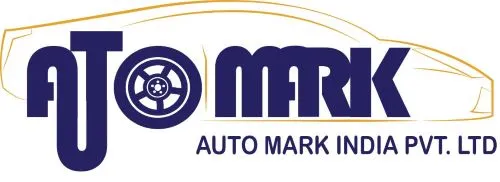



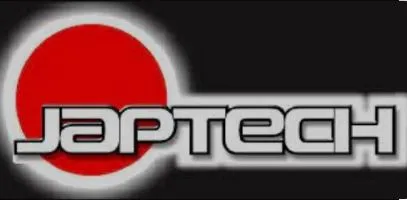







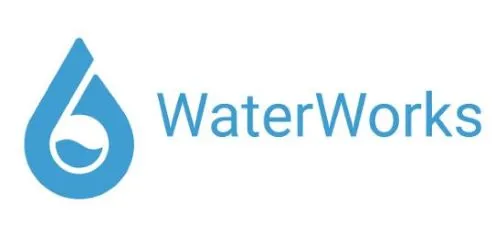



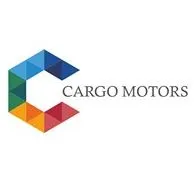







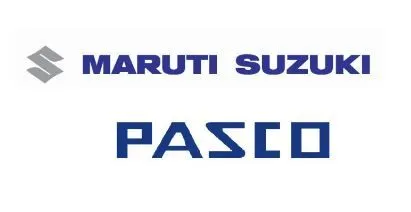







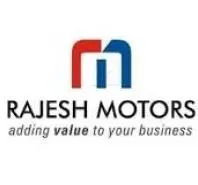

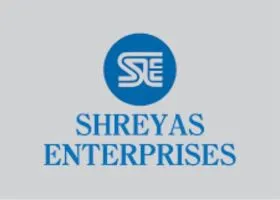

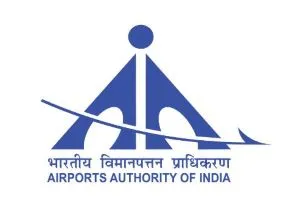

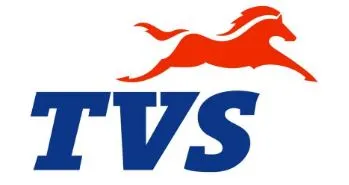









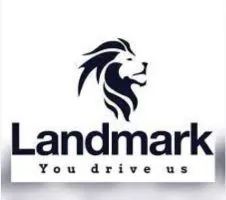



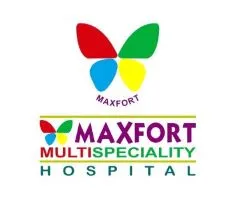

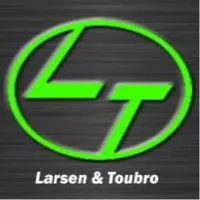









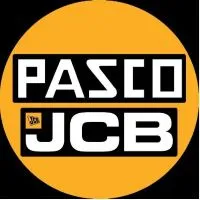







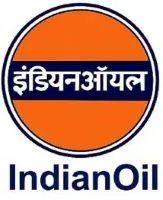

Salient Features
Concept to Commissioning
In-house team for Design. Engineering, Martufacturing, Execution and Service support gives full control over project ownership and quality
Experienced Team
Entire team possess average Industrial Experience of 7+ Year and have proven track record
Tailor Made Solutions
Our wide experience of solution design in multiple technologies enable us to choose technology that is most economical and efficient in long run.
Future Ready Products
Automation is the heart of every Awetech product. Our products performance can be monitored from remote location.
Life Cycle Management
We can take complete responsibility of product operation, maintenance, upgradation and comply latest pollution control board norms.
Comply Pollution Norms
Our design philosophy and documentation is in line with quidelines set by legal authorities. We provide support to take required approvals from pollution department
Awetech Works – The Leading Solution Provider of Effluent Treatment Plant (ETP) for Pharmaceutical Industry
At Awetech Works, we specialize in providing advanced Effluent Treatment Plant (ETP) solutions tailored specifically for the pharmaceutical industry. With our industry-leading expertise, customized approach, and commitment to sustainability, we help pharmaceutical manufacturers meet their wastewater treatment needs while ensuring regulatory compliance and environmental responsibility. Our comprehensive range of services, from system design and installation to ongoing support and maintenance, ensures the success of every ETP project. Partner with Awetech Works to build a cleaner, greener future for the pharmaceutical industry.
Innovative Solutions for Pharmaceutical Wastewater: At Awetech Works, we understand the critical importance of effective wastewater management in the pharmaceutical industry. Our innovative solutions are designed to address the unique challenges faced by pharmaceutical companies, ensuring compliance with stringent regulatory standards while promoting environmental sustainability and resource recovery.
Cutting-Edge Technologies: We leverage cutting-edge technologies and advanced treatment processes to develop tailored solutions that optimize wastewater treatment efficiency and minimize environmental impact. From biological treatment systems to membrane filtration and advanced oxidation processes, we employ the most effective techniques to achieve superior results.
Environmental Stewardship: Environmental stewardship is at the heart of our mission. We are committed to helping pharmaceutical companies reduce their ecological footprint and operate in harmony with the environment. By promoting responsible water management practices and implementing sustainable wastewater treatment solutions, we contribute to a cleaner, healthier planet for future generations.
Expert Team: Our team comprises experienced engineers, environmental scientists, and wastewater treatment specialists who are dedicated to delivering excellence in every project. With a wealth of knowledge and expertise in pharmaceutical wastewater treatment, we provide innovative yet practical solutions tailored to the specific needs of each client.
Collaborative Approach: We believe in the power of collaboration and partnership. By working closely with our clients, we gain valuable insights into their unique challenges and objectives, allowing us to develop customized solutions that address their specific requirements. Our collaborative approach ensures that each project is tailored to maximize efficiency and effectiveness.
Commitment to Quality: Quality is paramount in everything we do. From initial consultation to system design, installation, and ongoing support, we uphold the highest standards of quality and professionalism. Our commitment to excellence ensures that every project is executed with precision and integrity, delivering tangible results and lasting value to our clients.
Building a Sustainable Future: At Awetech Works, we are proud to be at the forefront of sustainable wastewater management in the pharmaceutical industry. Through our innovative solutions and unwavering commitment to environmental stewardship, we are helping to build a sustainable future where clean water is preserved, resources are conserved, and communities thrive.
Our Design Philosophy
Analyze & Inspect
"You cannot improve those things
which you can not evaluate”.
✓ Analyze Water or Waste Water
Parameters.
✓ Inspect site to check availability of
Space and utilities.
Understand Application
Our Sales professionals will take detailed note of your requirement & challenges. Factors like Future expansions, end use of Water and Water depletion rate plays a very important role product designing.
Technology Selection
" Wrong selection may save you some penny initially but take out far more during operation & maintenance”. Thus, technology selection considering the soaring prices of Electricity, Manpower, Space, chemical and consumables is essential.
Design & Manufacturing
As a standard procedure we first make to-the-scale 3D design of entire project with plumbing and other connections. After discussing it with client we starts manufacturing tailor made unit in our state-of-the-art facility.
Quality Inspection
Our Ever plant has to go through the stringent Quality test, where we test the strength of fabrication, Anti Corrosion coating, Dimensions, Water leakage test and product finishing.
ENQUIRE NOW
Served Locations
-
Uttar Pradesh (UP):
Kanpur; Lucknow; Ghaziabad; Agra; Varanasi & more… -
Madhya Pradesh (MP):
Indore; Bhopal; Jabalpur; Gwalior; Ujjain & more… -
Rajasthan:
Jaipur; Jodhpur; Kota; Bikaner; Ajmer & more… -
Jammu and Kashmir (J&K):
Srinagar; Jammu -
Gujarat:
Ahmedabad; Surat; Vadodara; Rajkot; Bhavnagar & more… -
Punjab:
Ludhiana; Amritsar; Jalandhar; Patiala; Bathinda & more… -
Delhi National Capital Region (NCR):
Delhi; Gurgaon (Gurugram); Noida; Faridabad; Ghaziabad & more… -
Maharashtra:
Mumbai; Pune; Nagpur; Thane; Nashik & more…


